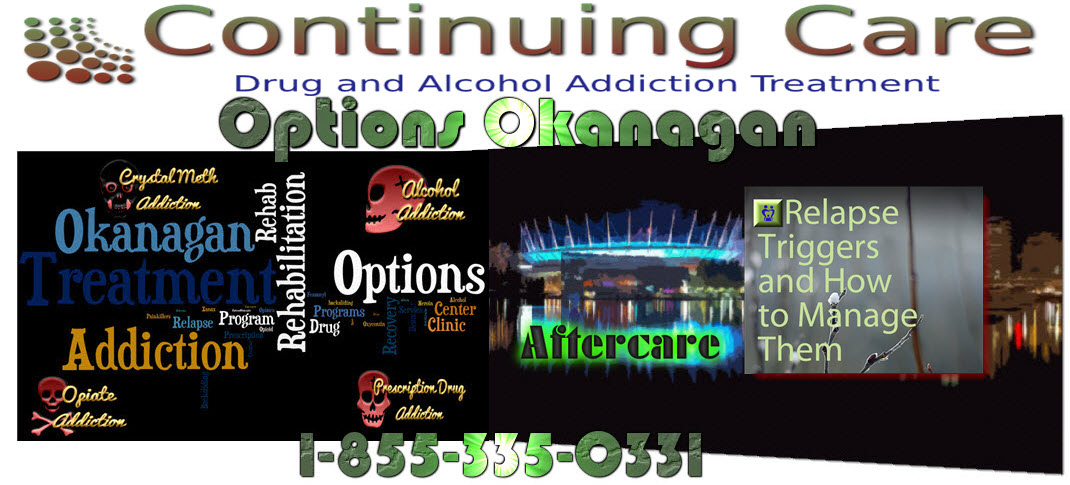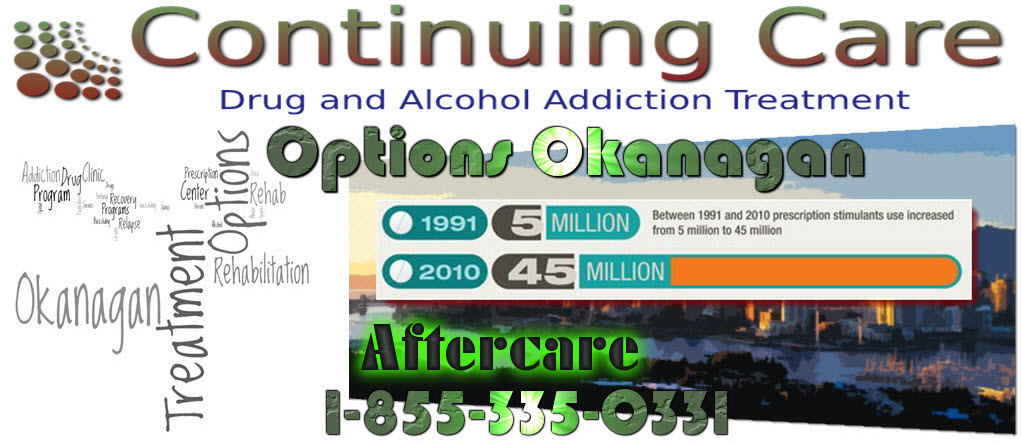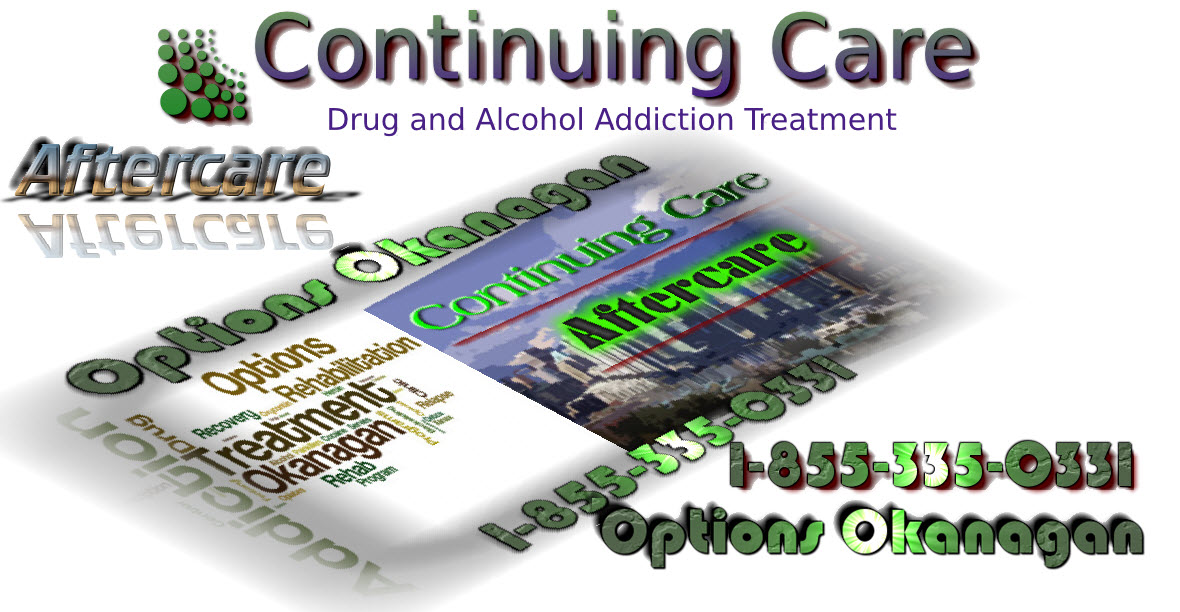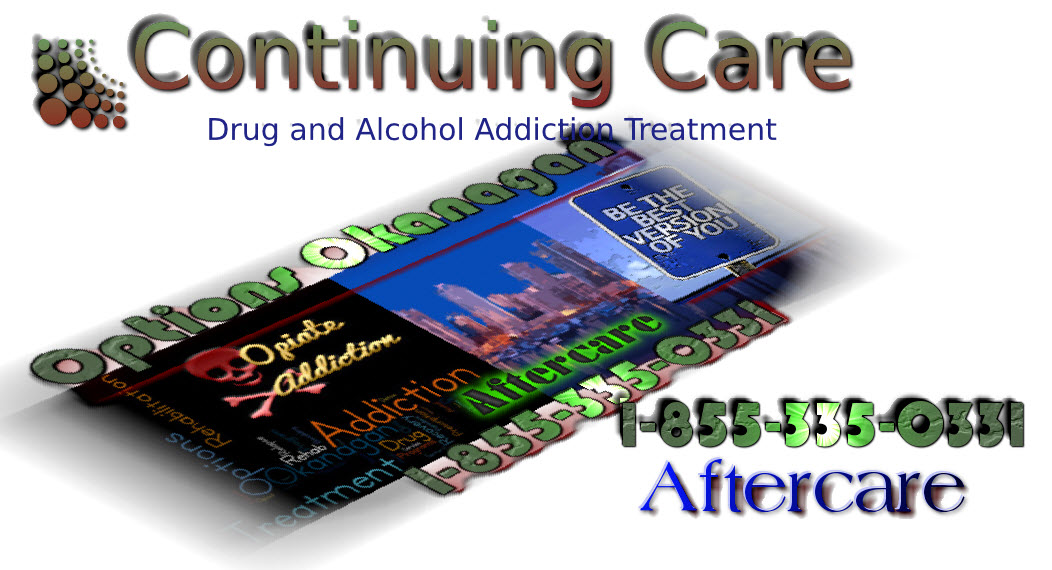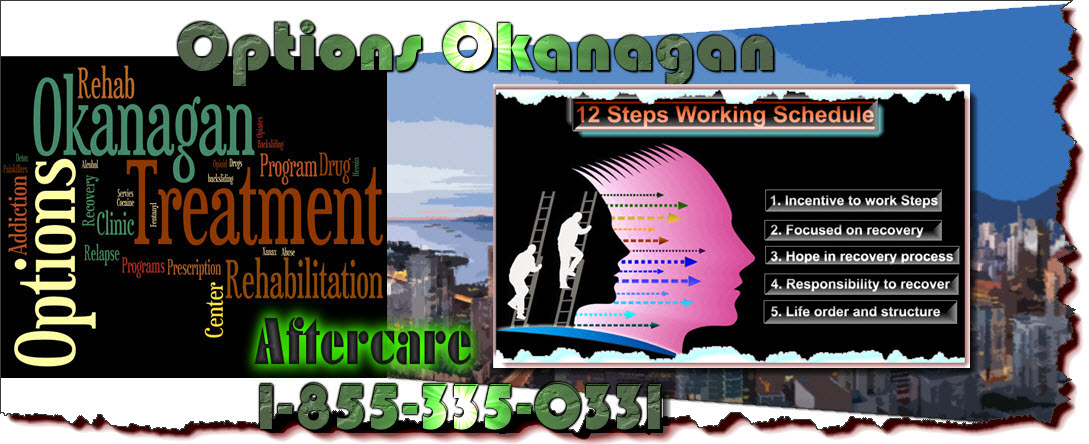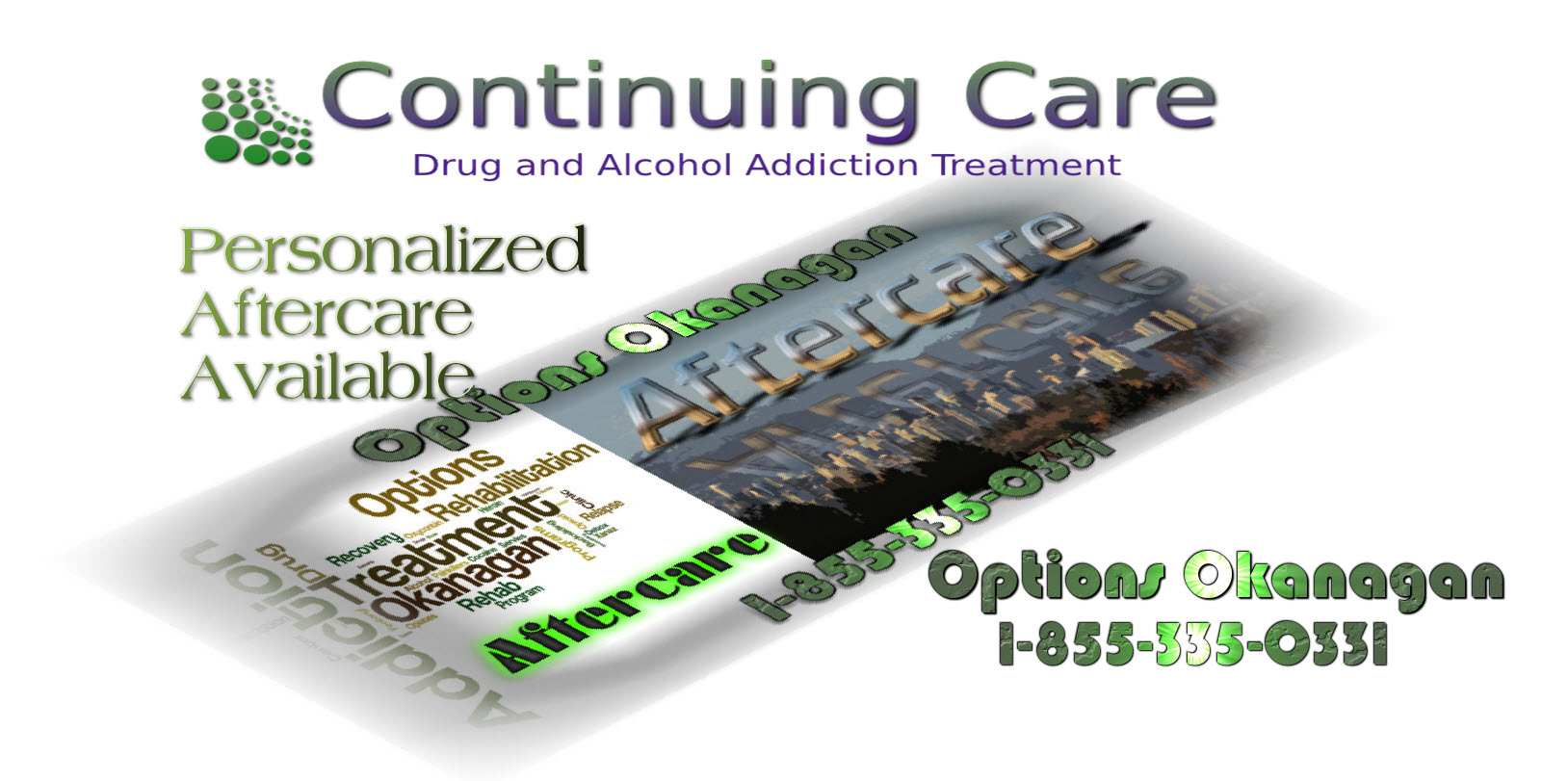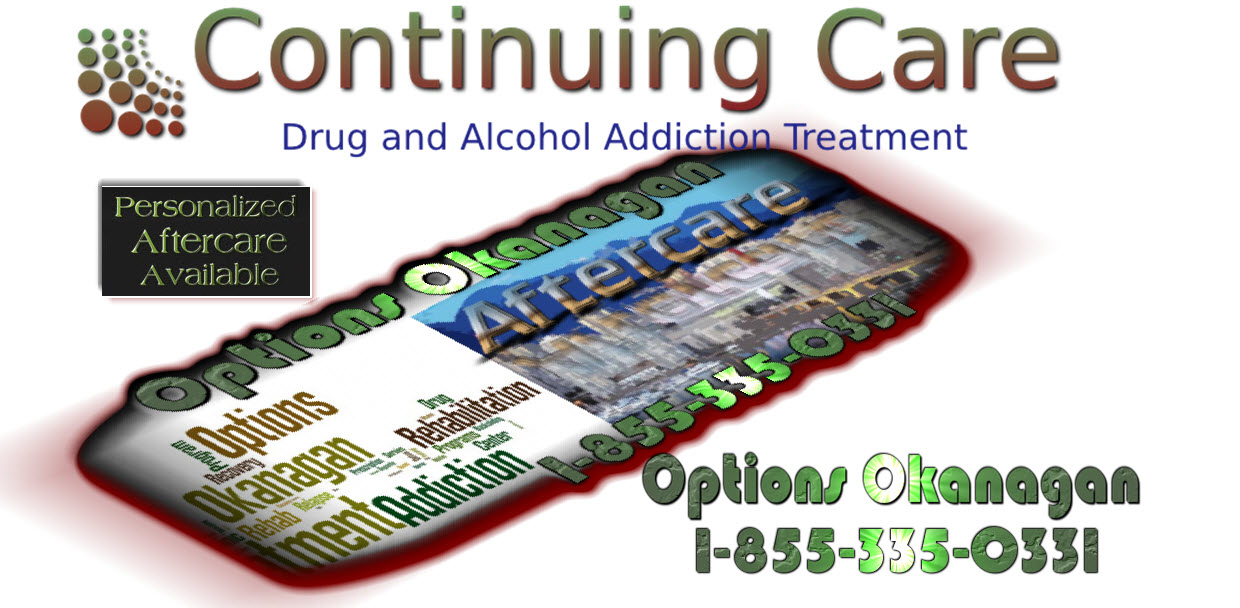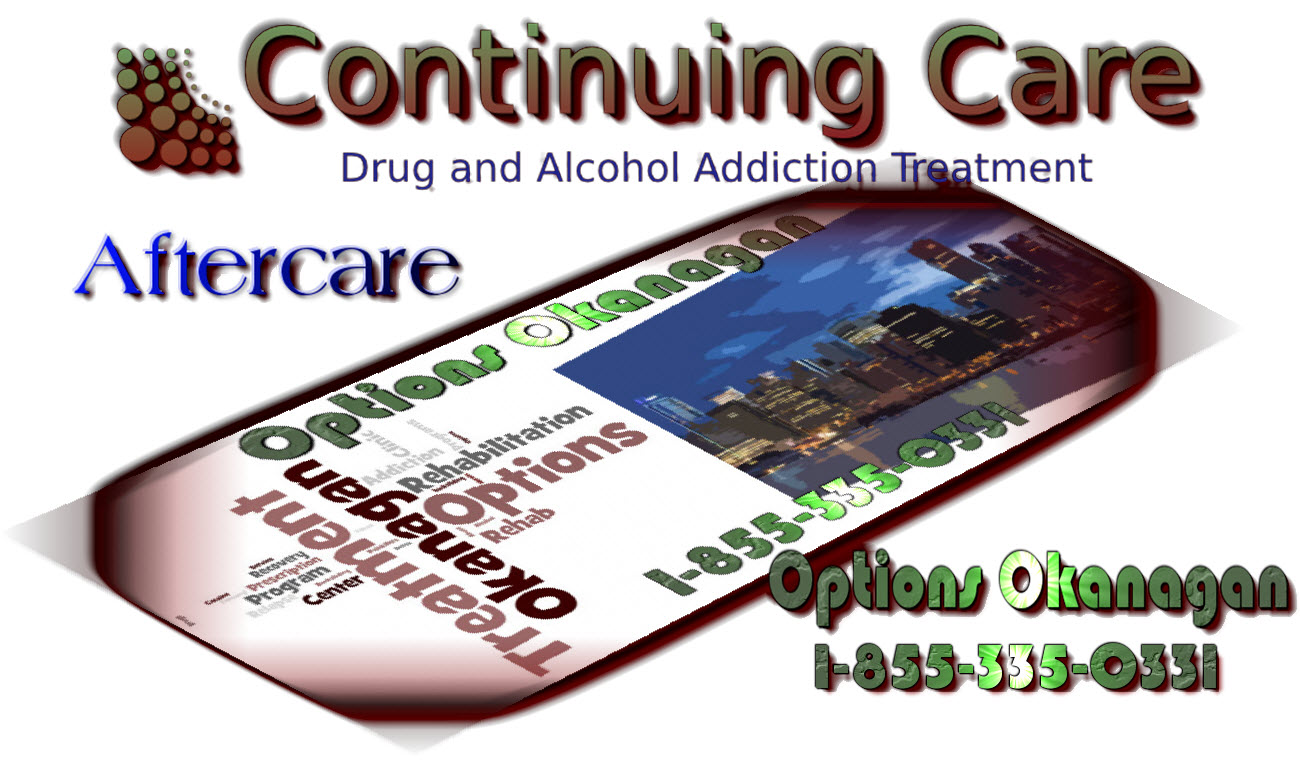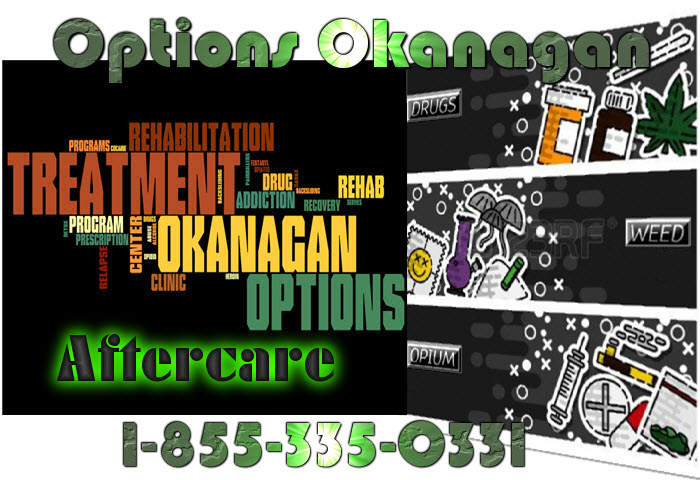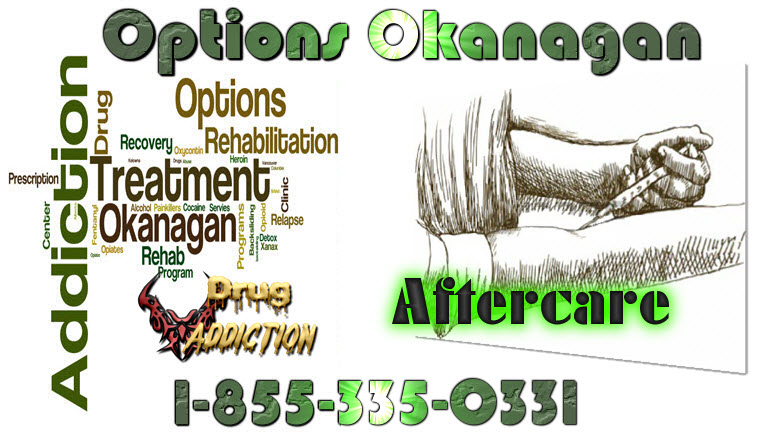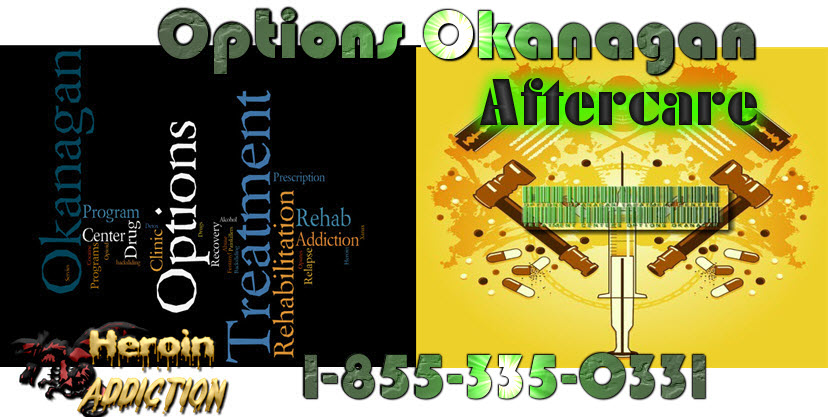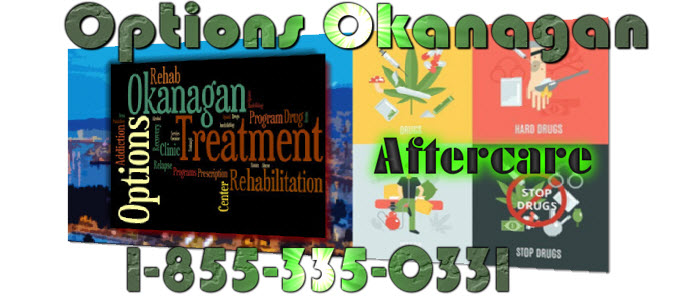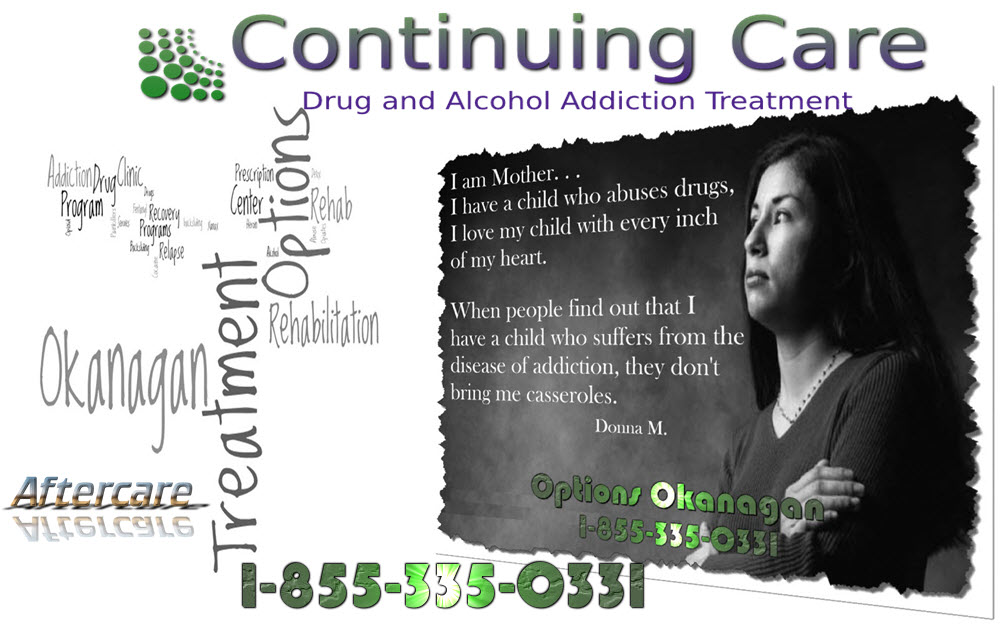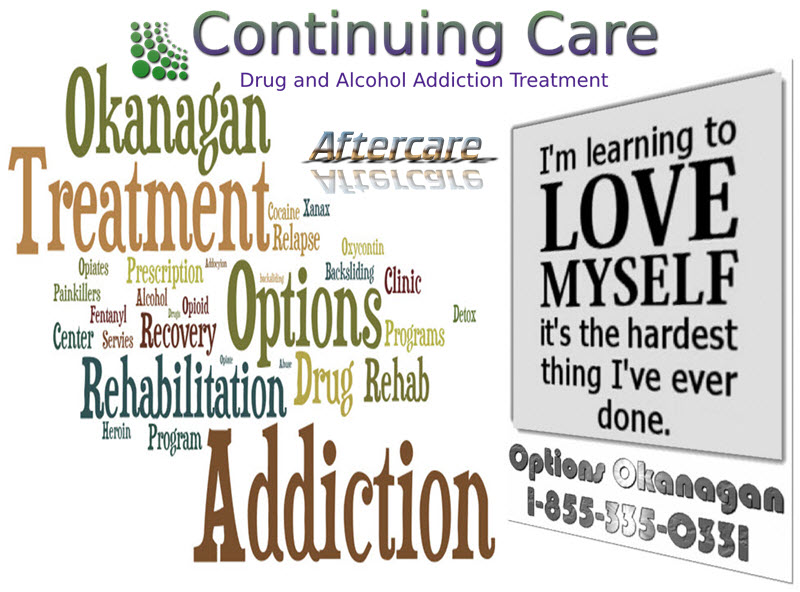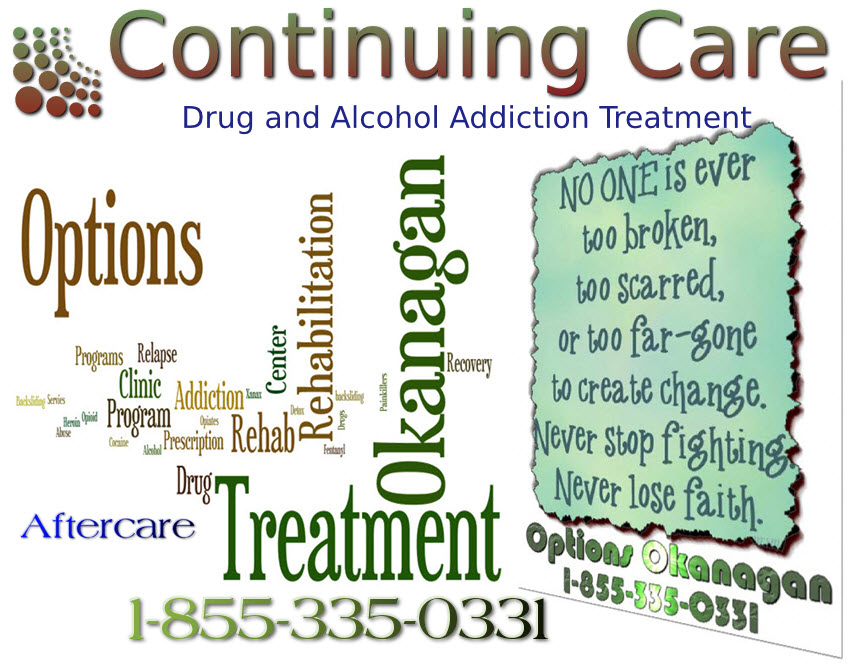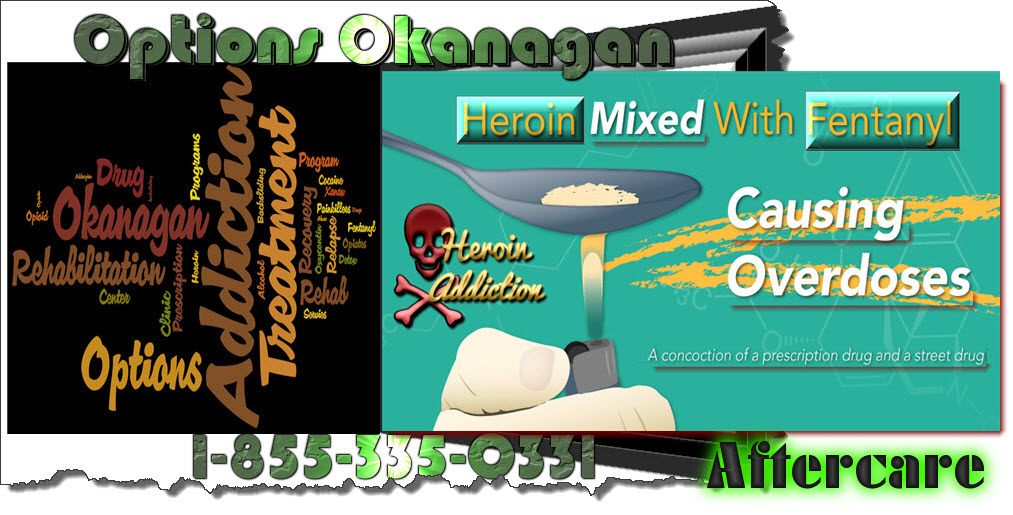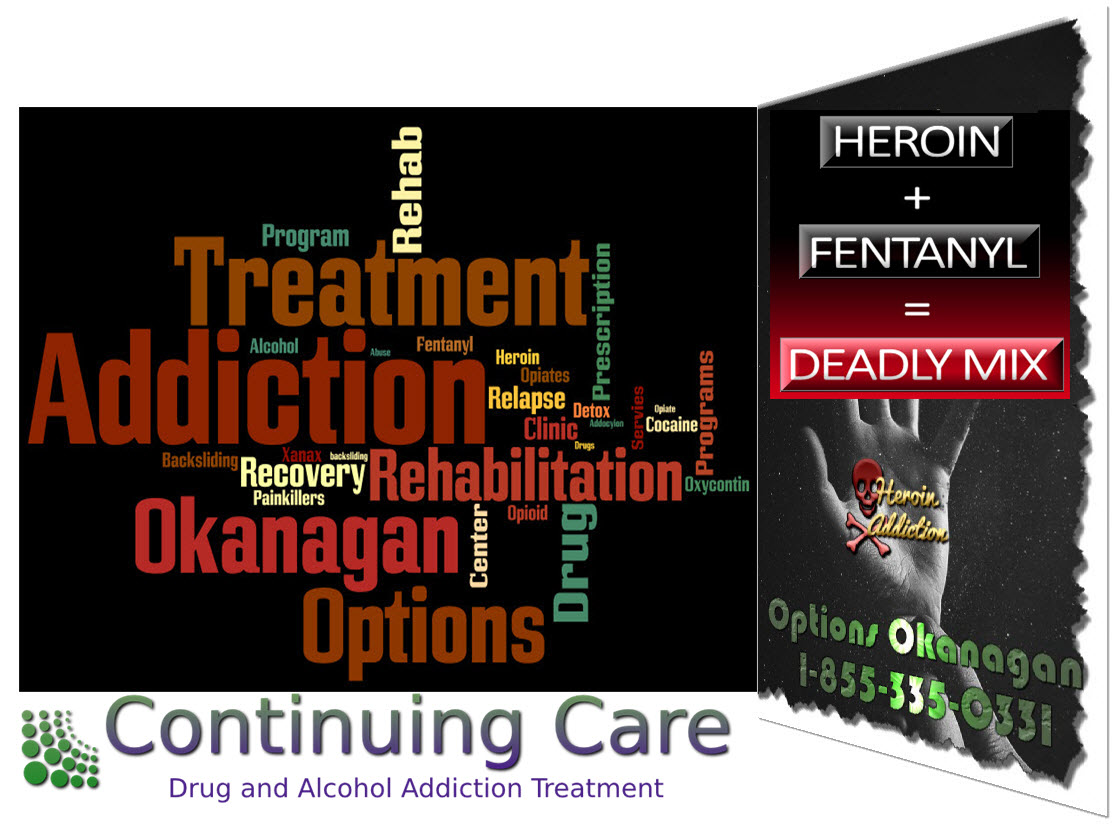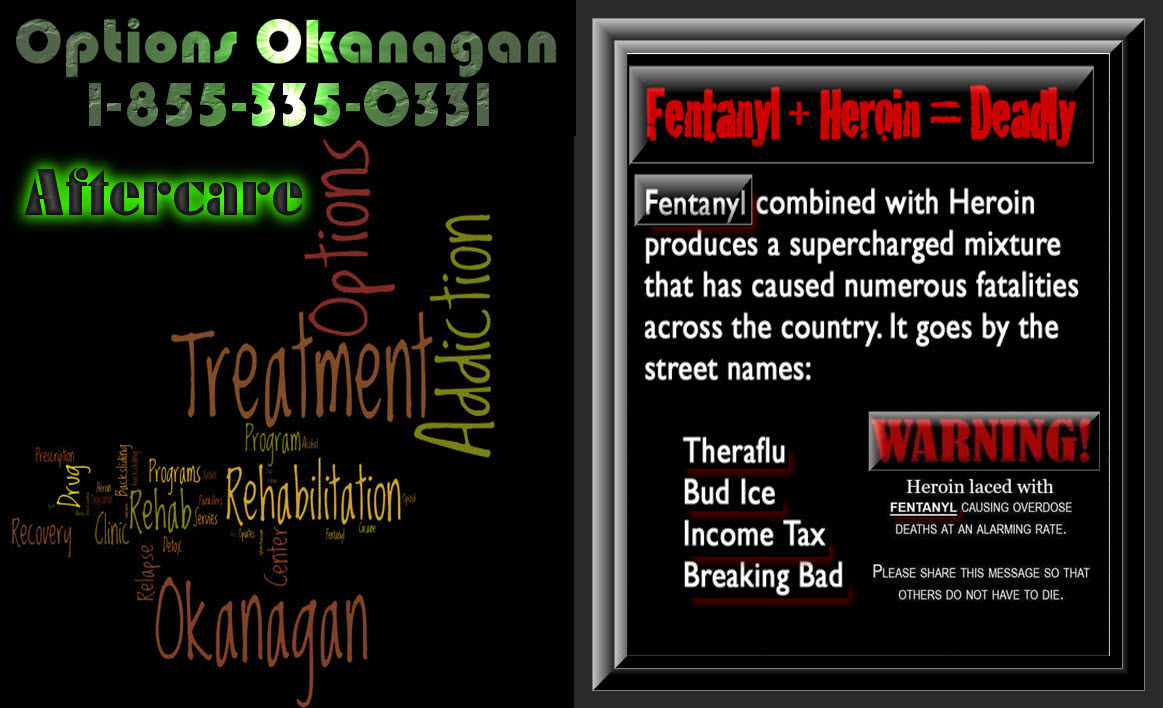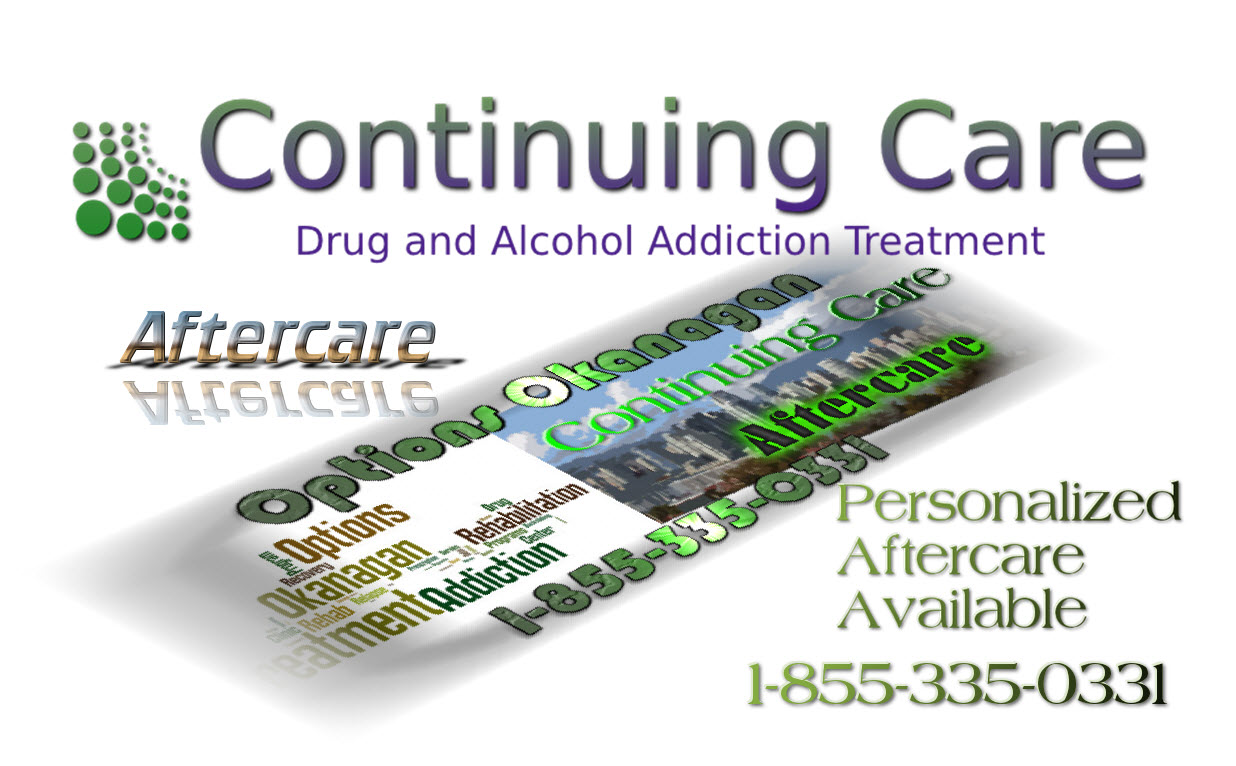Leading common causes of drug addiction triggers in Vancouver, Victoria and Kelowna, British Columbia. – Options Okanagan Treatment Centers in Kelowna, British Columbia treating opiate and alcohol addiction and recovery.
Relapse is a lot closer than you may think it is. Whether you have been sober for many years or are new to recovery, the temptation for using is always there. Addiction is a very complicated disease that requires a lot of effort and time to control. Drug triggers are at the very root of relapse. In order to get the most from your recovery, it is important for you to understand how your recovery is impacted by these triggers. In this post I will be outlining the leading triggers of drugs.
What is a Drug Trigger?
Referred to commonly as a relapse trigger, this is an event that provides the recovering individual with a justification for returning to substance use. Although may people view these as sudden events, they are actually long-standing issues that the addict has not addressed. In many cases, triggers offer the excuse for justifying going back to actively using drugs.
Drug triggers have a major impact on your recovery. Following a relapse, you will need to have greater motivation and energy to pursue recovery. Second of all, when you become a victim of a relapse trigger, it leads to your self-esteem being eroded. A return to substance use also deeply effects your family as well as other loved ones. You will ultimately fall into addiction even deeper and things will become even worse than they were before.
What are the main Causes of Drug Triggers That Result in a Relapse?
It is important to safeguard your sobriety, and in order to do this you need to learn why relapse triggers develop in the first place. The most common causes of triggers in your recovery are the following:
Wild Emotional Swings
A major reason why your sobriety is impacted by trigger is due to you lacking the necessary coping skills for keeping your emotions in check. The recovery process – and early recovery in particular – can be a real emotional roller coaster. The way your brain functions is changed significantly by addiction. As you become weaned off of alcohol and drugs, you often feel overwhelming emotions. If you don’t realize that wild mood swings are actually part of your recovery process, you may start to get impatient. If you haven’t developed healthy coping skills, you might return to using alcohol and drugs in order to feel “normal.”
Lacking Acceptance
In the recovery world, acceptance is a common word that is used. Unless you accept your current circumstances as well as your past, you won’t move forward with your sobriety. At times “non-acceptance” can be healthy for your recovery process. That is especially true when it comes to eliminating individuals from your life and breaking unhealthy habits.
However, when you put too much energy into trying to change that you can’t change, it can doom your sobriety. If you do not have the energy necessary for changing the things you need to change, the temptation for using substances will be too much for you to resist.
Relationship Problems
It is frequently stated that relationships – including intimate ones – tend to cause individuals in recovery a lot of problems. When you initially get sober, you will soon realize that many of the relationships that you have with people need a great deal of repair. In fact, restoring and repairing relationships with your loved ones and family members is critical to making your recovery stronger. However, trying to start a new intimate relationship while trying to recover is frequently disastrous.
As stated previously, frequently your recovery is marked by wide and significant mood swings. When you invest your energy and time into new relationships, it increases your vulnerability if they fail. When those kinds of relationships do fail, your moods might become uncontrollable. This will result in your thoughts and decision making becoming clouded and you will be tempted to return to substances to help you figure out what you are feeling.
Holding onto your Resentments
Resentment is frequently the strongest emotion you experience during your recovery. Resentment is basically the feeling of anger and bitterness towards other people because of feeling you are treated unfairly by them. Whether it is a specific remark or event, individuals in recover focus on other people as causing their addiction.
If you allow your life to be ruled by resentments, the focus of blame falls on you and not upon others. No matter what your specific circumstances are, you are solely the one who is responsible for your actions and feelings. You need to hold yourself accountable for your own actions and take responsibility for yourself. If you keep on focusing on what other people have done instead of what you have done to yourself, then eventually you will end up going back to using substances for coping with your pain and anxiety.
Abandoning 12-Step and Other Kinds of Recovery Programs
In your recovery, it is essential to be active in a recovery program. Whether it is an alternative recovery program like SMART Recovery or a 12-Step group, they offer you the much needed support and structure for sustaining your recovery. It is key to stay active in helping others and attending meeting to build a meaningful, long-term recovery. It is very gratifying to achieve success in those kinds of programs. However, it can also turn into a trap to have those feelings.
If you work your recovery program successfully, you might think you have your addiction beat. This could result in you becoming complacent and you might start cutting back on your involvement in your groups. Although scaling your involvement back is normal as you continue to progress with your sobriety, it can cause problems to completely abandon these programs.
It is frequently said that addiction is a powerful, confusing and cunning disease. If you let down your guard, your old addictive thought patterns will grow stronger. Without the guidance and support form those who are on the same journey as you, you’ll end up falling victim to common drug triggers – and your cycle of abuse will worsen.
Options Okanagan Opiate and Alcohol Treatment Centers in Kelowna, Salmon Arm and Vancouver, British Columbia – Men and Women are recovering and healing from Alcohol and Drug Abuse at our treatment center here in the Okanagan right now.
Our unique and distinctive Opiate Drug and Alcohol treatment program allows men and women to come in from Calgary as well as Edmonton as we offer airport pickup.
Numerous clients come to us from Vancouver, Calgary and Edmonton and other locations in Alberta and even other provinces for Opiate addiction treatment, heroin drug treatment, many other drug and alcohol addictions for rehabilitation because of the uniqueness of our treatment center.
Our Treatment Location:
Options Okanagan Drug and Opiate Treatment Center
551 Sherrydale Crescent, Kelowna, British Columbia, V1V 2E6
Toll Free Phone Number : 1-855-335-0331



